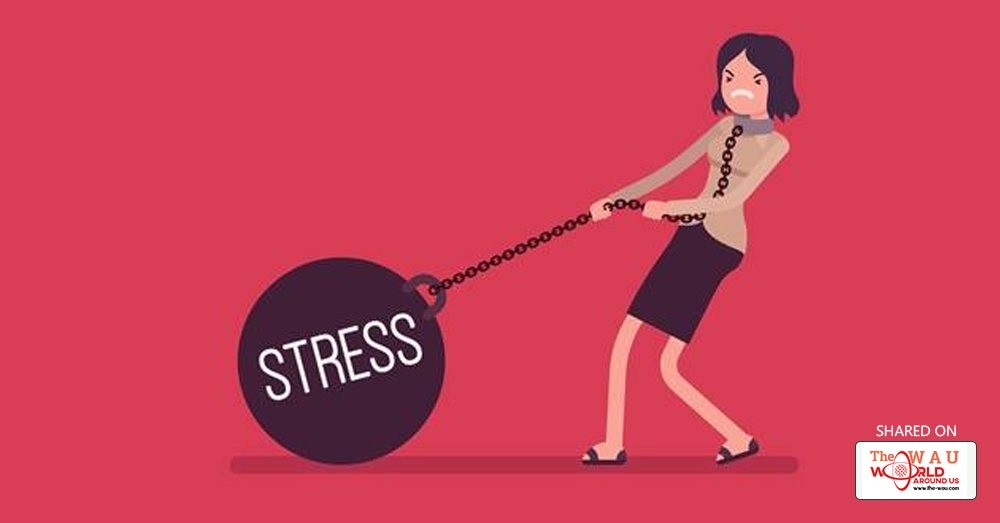Getting stressed is part and parcel of daily life. Our daily stress can be categorized into two, acute and chronic stress. Acute stress is the short-term stress you get when a dog chases you or someone confronts you. This is essentially triggering of our body's fight and flight response. In a way, this can be good, as Firdaus Dhabhar, a neuroimmunologist at Stanford University, found out that acute stress can actually improve your immune system.
Chronic stress, on the other hand, is a serious problem. From daily annoyances like getting stuck in traffic to unfinished to-do lists and personal problems can cause the nervous system to release stress hormones into the blood stream damaging your immune system. But the effect of chronic stress doesn't end there. Here is everything that happens to your body when you are stressed:
Release of the flight and fight hormones
We mentioned above that stress can lead to the nervous system to release stress hormones into the blood stream. These hormones, adrenaline, noradrenaline, and cortisol are released to face a fight and flight system. The introduction of these hormones triggers series of changes in your body that will bring severe damage to your health in long term.
Hyperventilation
The release of fight and flight hormones makes you breathe harder in order to take more oxygen to the cells. The rapid breathing forced by stress or hyperventilation can bring panic attack. And chronic stress can even trigger asthma attacks. A research paper titled The Effects of Stress on the Respiratory System by T. G. Sriram and J. J. Silverman says respiratory disorders account for a significant proportion of overall medical morbidity and mortality.
Weakened immunity
Even though acute stress improves your immunity, chronic stress will lead to breaking down of the system. The cortisol, one of the hormones released during stress suppresses the immune system and inflammatory pathways. This will make you more prone to infections and diseases. Additionally, if you have chronic stress, your body and brain will fail to reset hormones and inflammatory chemicals to normal levels, making you more likely to get sick.
Regular body pain and aches
The muscles in our body tense up when the body is under stress. This is a reflex reaction to stress to guard the body against injury and pain. Once the stress is passed these muscles will release their tension. With chronic stress, the muscles in your body regularly undergo this cycle of tensing up and releasing. As a result, body pain and aches in neck, shoulder, and head.
Digestive problems
Another system in our body that is badly affected by stress is the gastrointestinal system, where the food you eat is digested and processed. Stress can make you eat much more or much less than you usually do. You will experience nausea, acid reflux or even heartburn. And most importantly, stress has a direct impact on digestion controlling what nutrients your intestine absorb
High blood pressure
This is a no brainer as most of you know stress will increase the blood pressure. Stress causes an increase in heart rate and stronger contractions of the heart muscle. Additionally, the blood vessels dilate increasing the amount of blood pumped to the different parts of the body leading to elevated blood pressure. Chronic stress can cause long term heat conditions.
Impaired memory and cognition
The above activities that happen across your body will finally take a toll your mind and thinking. Apart from mood swing and constant tiredness, stress and release of hormones lead to hyperarousal. Hyperarousal causes difficulty in falling asleep. A 2017 study points hyperarousal as a core feature of insomnia. This will further lead to bad memory, impaired learning, lack of attention and loss of ability to focus.
Share This Post












